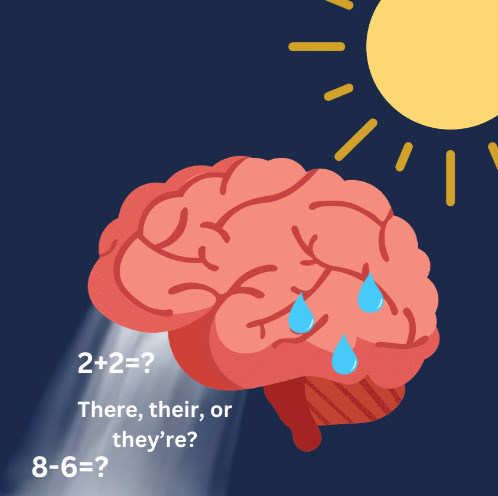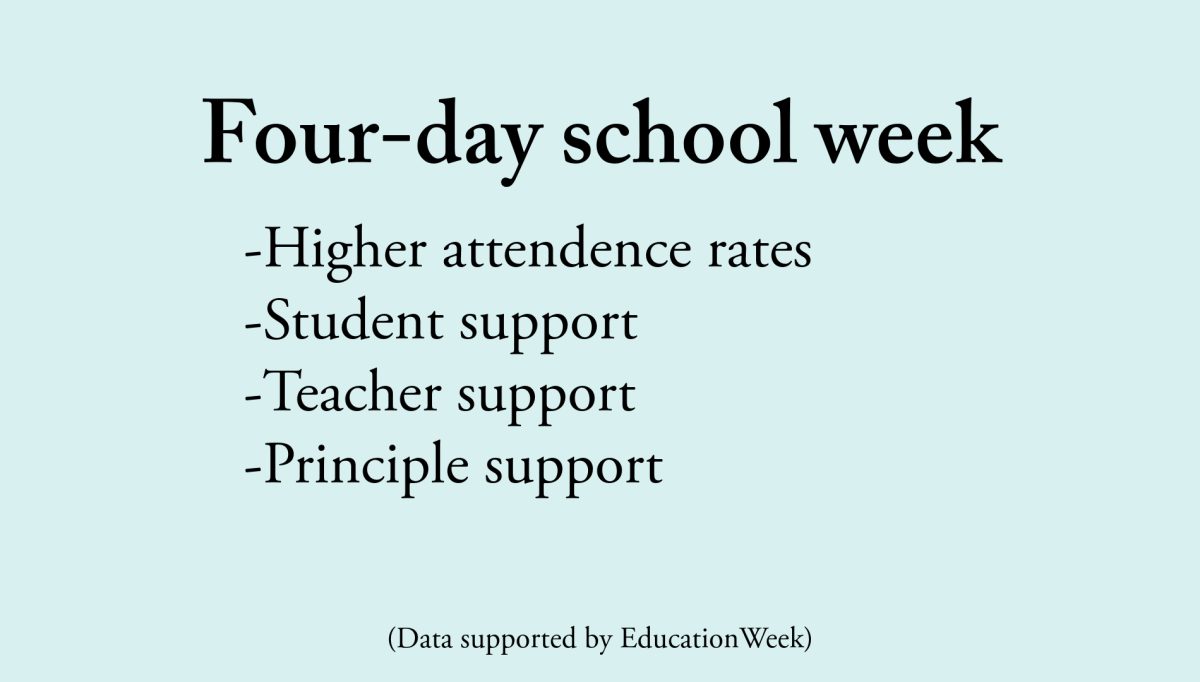Changes to come for 2024 SAT
February 18, 2022
Starting in 2024, students will be taking the SAT in virtual format, according to the College Board. Other changes to the test will include shorter passages on the language and reading portion of the test, a calculator for the math section and an overall shorter test (nearly an hour shorter than before).
One of the biggest benefits of the changes is the new time span, according to Ella Hugh ’25. There’s a lot of stress surrounding standardized tests, so limiting the time spent in that environment is a huge improvement.
“Sitting in a silent room with your mind racing definitely isn’t good for you,” Hugh said. “Since the test will be shorter, there’s less anxiety (surrounding it).”
For English teacher Sandra McCue, this is all uncharted territory. Although she plans to teach the SAT-prep in the same way, the new testing standards might change things for college applications.
“I’m interested to see how it’s all going to play out because for so long, the getting into college formula has been (the same),” McCue said. “But the pandemic really brought some things crashing down. I can’t predict how it’s all going to change, but I sense that things that we’ve been doing for a long time might fall to the wayside. And I think that’s a good thing.”
According to McCue, the test wasn’t changed to make it easier for students.
“I think that (College Board realizes) they’re in trouble because standardized testing is becoming less and less relevant,” McCue said. “They recognize that people’s patience for sitting in a three or four hour test is wearing thin, so they are trying to make it more marketable.”
According to Hugh, this need to keep standardized testing alive may mean eventual changes to the ACT, as these tests are seemingly never going away.
“The SAT and ACT are standardized tests that I doubt we’ll get rid of anytime soon, but I’ve never understood the importance of them,” Hugh said. “I know so many people that are phenomenal students, but stress so much even over small tests that the SAT’s and ACT’s are probably terrifying to them.”
As exciting as this new test is, some students, like Claire Zurowick ’23, feel it was long overdue. In addition to being too long for most students to handle, she said, it didn’t account for the modern day tools that most people have.
“The non-calculator portion also seemed sort of pointless because in the real world, in a real job, people have calculators right on their phones if they need to do some basic math,” Zurowick said. “The old test wasn’t relevant to how the real world works, and the length caused burnout. It needed to be changed.”
As welcome as these changes are for most, not all students will be able to take this new and improved SAT. It will only be implemented for the class of 2024, and all other students still have to take the original SAT.
“I do wish I could’ve been part of the new group,” Zurowick said. “The people who run the test have seen that they need to change it, so why should I have to deal with the test they see as too intense? It’s like I have to do something extra that has no benefit and doesn’t really represent me as a student to the colleges I’m applying to.”
























































































